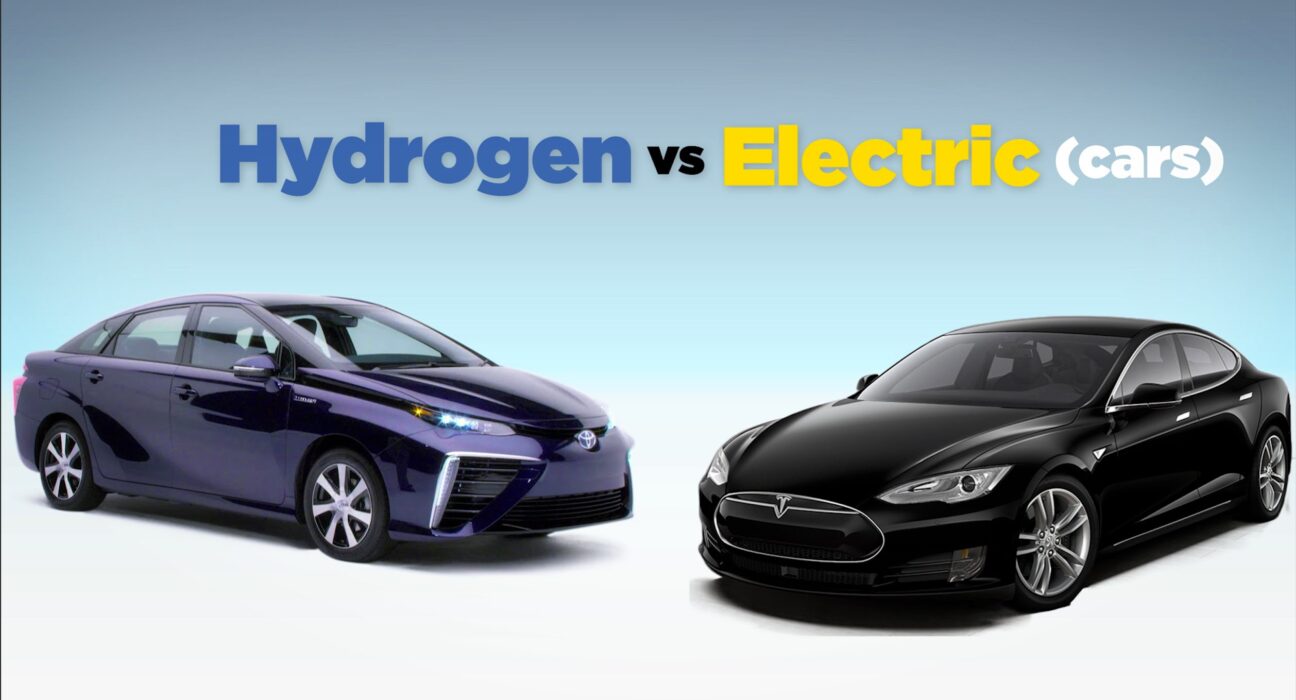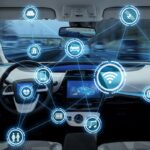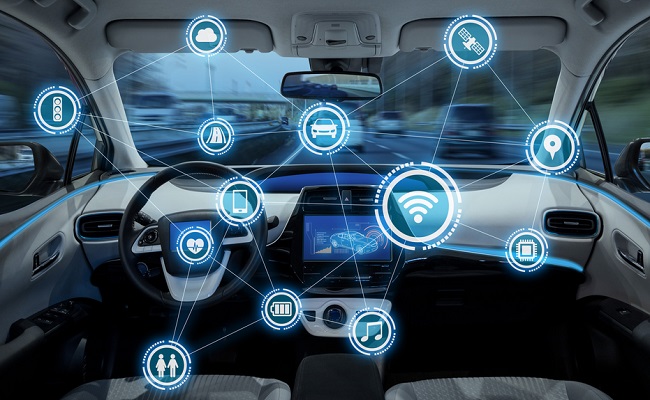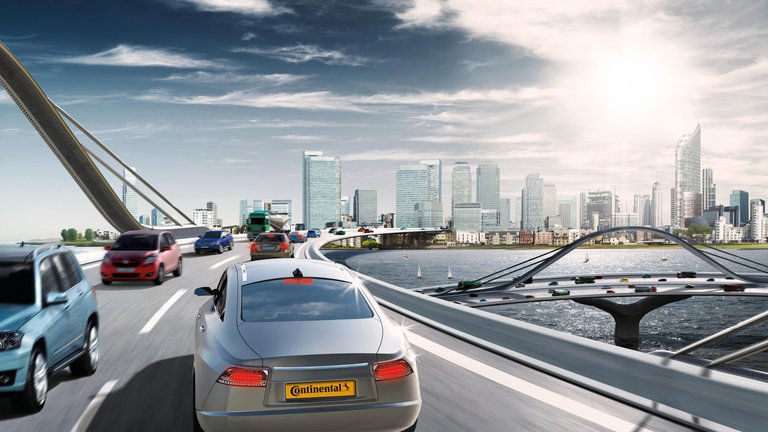Introduction: The automotive industry is undergoing a significant transformation as the world shifts towards more sustainable and eco-friendly transportation options. Among the contenders for the fuel of the future, electric and hydrogen-powered vehicles have emerged as two prominent alternatives to traditional gasoline-powered cars. In this blog, we will explore the ongoing battle between electric and hydrogen vehicles, comparing their technologies, infrastructure requirements, environmental impact, and potential for widespread adoption. Join us as we delve into the advantages and challenges of each fuel type and examine which one holds the key to a greener automotive future.
Electric Vehicles:
Electric vehicles (EVs) have gained substantial traction in recent years, offering a cleaner and more energy-efficient alternative to internal combustion engine (ICE) cars. EVs are powered by rechargeable batteries and produce zero tailpipe emissions, making them environmentally friendly. Their increasing popularity has resulted in significant advancements in battery technology, extending the driving range and reducing charging time. Moreover, the infrastructure for EV charging stations is expanding globally, making it more convenient for EV owners. However, challenges such as limited charging infrastructure, longer refueling times compared to conventional cars, and concerns about the environmental impact of battery production and disposal still exist.
Hydrogen-Powered Vehicles:
Hydrogen-powered vehicles, also known as fuel cell electric vehicles (FCEVs), utilize hydrogen as their primary fuel source. These vehicles convert hydrogen and oxygen into electricity through a fuel cell, emitting only water vapor as a byproduct. Hydrogen offers a higher energy density and faster refueling times compared to electric batteries. Additionally, FCEVs have longer driving ranges, making them suitable for long-distance travel. However, the availability of hydrogen refueling stations is limited compared to electric charging infrastructure, posing a challenge for widespread adoption. Moreover, hydrogen production and transportation involve energy-intensive processes and require further development of infrastructure and storage solutions.
Environmental Impact:
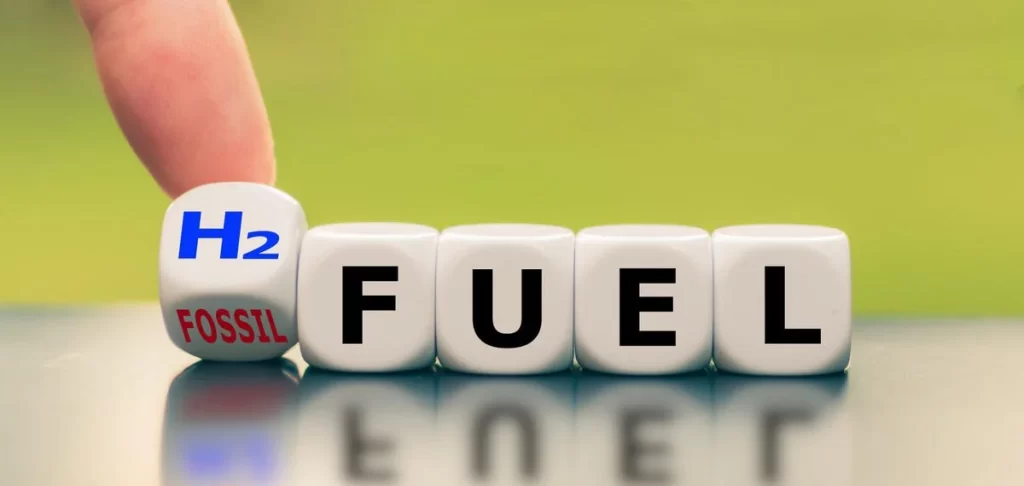
Both electric and hydrogen-powered vehicles contribute to reducing greenhouse gas emissions and improving air quality compared to conventional gasoline cars. Electric vehicles produce zero tailpipe emissions, which directly reduces local air pollution. However, the environmental impact of EVs depends on the source of electricity used for charging. If the electricity is generated from fossil fuels, the indirect emissions associated with EVs may still be present. On the other hand, hydrogen-powered vehicles produce zero tailpipe emissions as well, with the added advantage of quicker refueling times. However, the overall environmental impact of hydrogen vehicles depends on the method used for hydrogen production. Green hydrogen, produced through renewable energy sources, is the most sustainable option, while gray hydrogen, derived from fossil fuels, still contributes to carbon emissions.
Conclusion: As the world transitions towards sustainable transportation, the competition between electric and hydrogen-powered vehicles intensifies. While both technologies offer greener alternatives to conventional cars, each has its advantages and challenges. Electric vehicles are more mature in terms of infrastructure and consumer adoption, with improving battery technology and expanding charging networks. Hydrogen-powered vehicles, on the other hand, provide faster refueling times and longer driving ranges but face obstacles in terms of limited refueling infrastructure and hydrogen production methods. Ultimately, the fuel of the future may involve a mix of these technologies, depending on regional and technological factors. As advancements continue, the automotive industry moves closer to a greener and more sustainable future for all.

